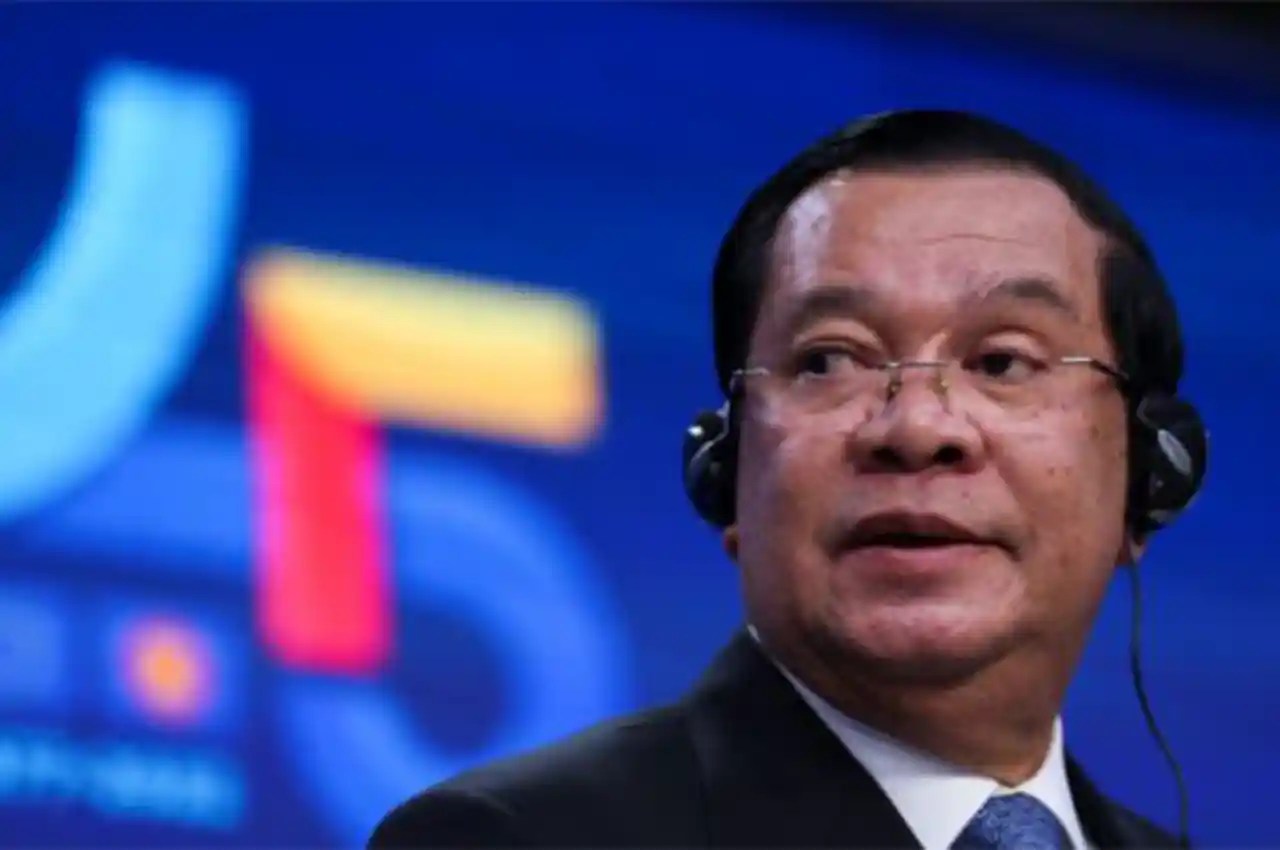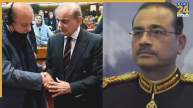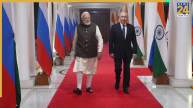Cambodia Elections: Cambodia’s national election has come to an end, and the ruling Cambodian People’s Party (CPP) led by Prime Minister Hun Sen is expected to secure an easy victory. However, critics have raised concerns over the election’s fairness, describing it as the country’s least free and fair in decades, as reported by Al Jazeera.
Around 9.7 million registered voters out of the country’s total population of 16 million citizens cast their ballots on Sunday, starting at 7 a.m. (00:00 GMT).
Alongside the incumbent CPP, 17 smaller parties contested the election, but none of them posed a significant challenge to Hun Sen’s long-standing rule, which has spanned 38 years.
Read More: Tel Aviv: Israelis march in unison ahead of final votes on judicial bill
Hun Sen, the longest-serving elected leader in Asia, has effectively consolidated power in Cambodia over the years.
His expected victory in this election is believed to pave the way for a possible transfer of power to his son, Hun Manet, who currently holds the position of the head of the Cambodian army.
The CPP is projected to retain all 125 seats in the country’s national assembly. However, the only genuine opposition contender, the Candlelight Party, was barred from voting due to a registration inconsistency in May.
This move has drawn criticism from opponents who accuse Hun Sen of limiting political participation in the nation.
On the morning of the election, Prime Minister Hun Sen and his wife, Bun Rany, cast their votes in Takhmau, south of the capital city, where one of the prime minister’s mansions is located, ANI quoted Al Jazeera as saying.
With this election victory, Hun Sen’s position as the longest-serving elected leader in Asia appears to be further solidified, potentially paving the way for a transfer of power to his son, Hun Manet, who currently leads the Cambodian army.













